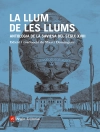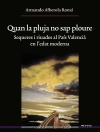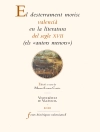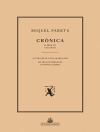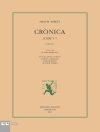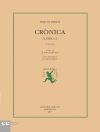This volume of essays explores the rise of parliament in the historical imagination of early modern England. The enduring controversy about the nature of parliament informs nearly all debates about the momentous religious, political and governmental changes of the period – most significantly, the character of the Reformation and the causes of the Revolution. Meanwhile, scholars of ideas have emphasised the historicist turn that shaped political culture. Religious and intellectual imperatives from the sixteenth century onwards evoked a new interest in the evolution of parliament, framing the ways that contemporaries interpreted, legitimised and contested Church, state and political hierarchies.
Parliamentary ‘history’ is explored through the analysis of chronicles, more overtly ‘literary’ texts, antiquarian scholarship, religious polemic, political pamphlets, and of the intricate processes that forge memory and tradition.
Daftar Isi
Introduction – Alexandra Gajda and Paul Cavill
1. Polydore Vergil and the first English parliament – Paul Cavill
2. ‘The consent of the body of the whole realme’: Edward Hall’s parliamentary history – Scott Lucas
3. The Elizabethan Church and the antiquity of parliament – Alexandra Gajda
4. Parliament and the principle of elective succession in Elizabethan England – Paulina Kewes
5. Elizabethan chroniclers and parliament – Ian W. Archer
6. The significance (and insignificance) of precedent in early Stuart parliaments – Simon Healy
7. The politic history of early Stuart parliaments – Noah Millstone
8. ‘That memorable parliament’: medieval history in parliamentarian polemic, 1641–42 – Jason Peacey
9. Institutional memory and contemporary history in the House of Commons, 1547–1640 – Paul Seaward
10. Afterword – Peter Lake
Index
Tentang Penulis
Anthony Milton is Professor of Early Modern British History at the University of Sheffield


